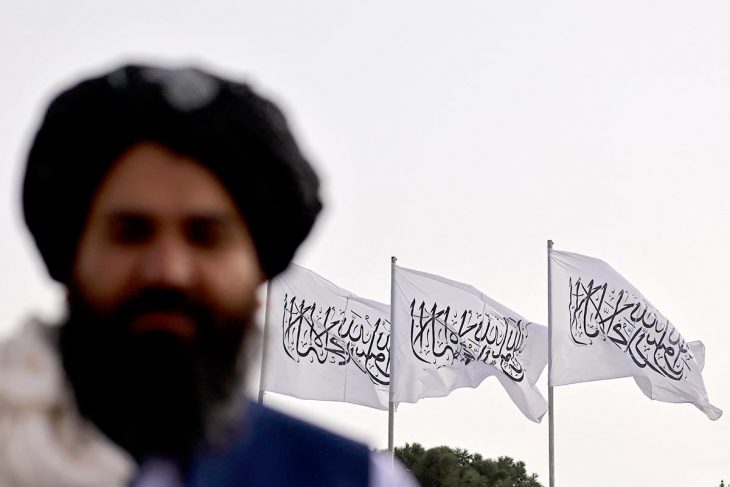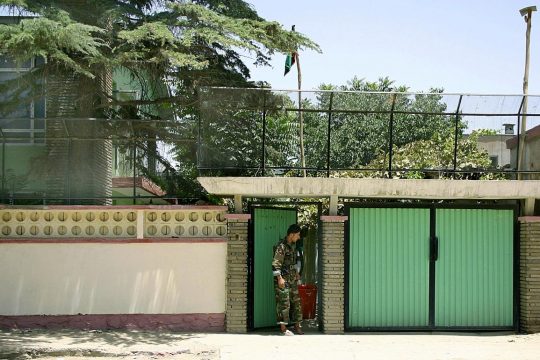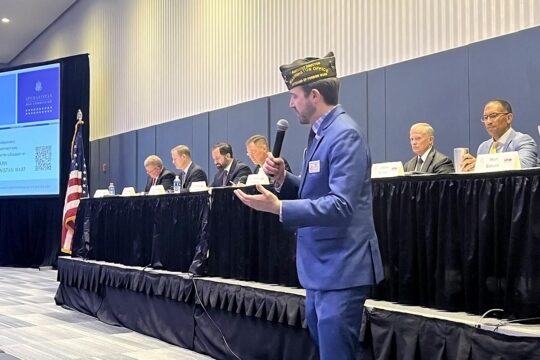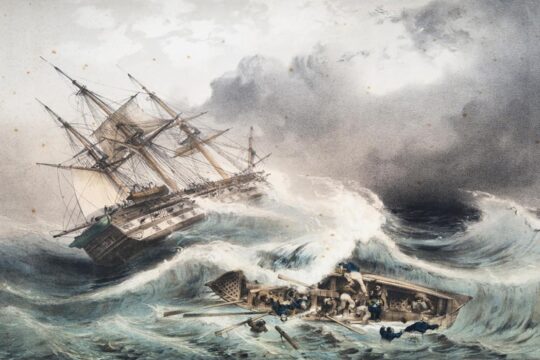The Afghanistan case has been riddled with roadblocks for The Hague court, which started to look at the war-torn country 15 years ago. It has faced fierce U.S. opposition with even last year sanctions brought against the International Criminal Court (ICC) prosecutors examining alleged crimes by the Taliban, Afghan government troops and U.S. forces between 2003 and 2014. These were lifted earlier this year but now, after the Taliban takeover of most of the country, court observers and Afghan victims’ advocates fear any hopes of an investigation that could lead to a trial in The Hague have been dashed.
“The Taliban have always been against the involvement of other international bodies” in Afghanistan, Afghan human rights activist Horia Mosadiq told Justice Info. “If there were any hopes of the office of the [ICC] prosecutor getting access to Afghanistan during the previous government those, hopes have been dashed completely,” international law expert Owiso Owiso from the University of Luxembourg added.
The impracticable road to a full investigation
It was only in 2020 that the ICC judges granted the prosecution request to open a full investigation on Afghanistan, for alleged war crimes committed between 2003 and 2014. The prosecutor was initially turned down by a lower trial chamber who believed an investigation would not be “in the interest of justice” because there was so little chance of cooperation by the parties.
However, as soon as the prosecutor got the judges go-ahead, the Afghan government submitted a “deferral request” to pause the case for a year arguing that some of the crimes were investigated domestically. This means the probe has been on hold for over a year, pending a decision from the prosecutor who is the only one designated by the court’s founding Rome Statute who can assess that request.
Contacted by Justice Info, the office of the prosecutor would not answer questions about the status of this assessment. Lawyers representing victims in the Afghanistan case have filed a request in April to ask the ICC judges to order the prosecution to give more information about it, and to give it a deadline for a decision. But earlier this month, the judges rejected the application, saying “the Chamber must respect the fact that the Rome Statute confers upon the prosecution alone the power to review the deferral request, also in light of all relevant developments on the ground”.
Start the investigation, urge activists
Last month ICC prosecutor Karim Khan issued a brief statement calling on all sides in Afghanistan to respect humanitarian law and reminding the parties his office had jurisdiction over any war crimes and crimes against humanity committed on Afghan territory since 2003. He gave no indication of the status of the investigation. Activists called on Khan to seize the opportunity to deny the deferral request and start the investigation in earnest.
"It's pure fantasy to entertain the notion that the Taliban would have the capacity and willingness to continue any investigations that were being carried out by the previous government," Raquel Vazquez Llorente, ICC observer for the International Federation for Human Rights (FIDH) said.
Opposition from powerful states
Even if Khan, who is only three months into his nine-year tenure, quickly decides to move forward with an Afghanistan investigation, experts warn it will be an uphill battle to secure a case because of the powerful states involved who do not want the investigation.
After the court announced a probe was opened last year the U.S. response was quick. The then president Donald Trump imposed sanctions on the ICC prosecutor and a close collaborator. While the sanctions have since been lifted, the Joe Biden administration has also made it clear they do not support the ICC's Afghanistan probe.
Owiso says it is unlikely the prosecutor would ever be able to get enough evidence to secure a conviction in that context. It is clear the U.S. would not cooperate with the investigation; and the former Afghan government, which at least went through the motions of cooperating minimal engagement with the court, is no longer in power. "Generally speaking, you cannot make a winning case without access to evidence," Owiso said. Where governments were reluctant or hostile to the court, ICC cases have collapsed or stalled, he recalled.
Evidence and witnesses at risk
Many activist fear that the Taliban will not only not cooperate but also actively destroy evidence or target potential witnesses for an ICC case. "They may put the life of victims who testified and came forward at grave risk," Mosadiq warned.
Watchdog organisations including Human Rights Watch and Amnesty International have also called on social media platforms like Facebook and Twitter, often used to post footage of alleged abuses, to properly archive the material even if it is removed so it can potentially be used in later legal cases.
In the meantime, Llorente points out that the refugees coming out of Afghanistan could provide an opportunity for the ICC. "I think you can expect that in the past few weeks many of the victims and witnesses are now in safe locations outside of Afghanistan, which in many ways may make easier the work of the investigators," she said. In the past years, it was considered to be too dangerous for ICC personnel to be present on the ground in Afghanistan.
Mosadiq is more pessimistic, while she holds out some hope for a future case, she is unsure if new refugee testimony will make the difference for the ICC case. "Members of Afghan civil society inside and outside of the country did submit cases to the ICC, they provided information and testimony to the court. It was the failure of the court not to take that seriously,” she said, pointing out that the case already dragged on for 15 years despite their testimony.
Bensouda left no choice to his successor. Khan cannot undo her request for an investigation in Afghanistan, even if the context has dramatically changed. The new prosecutor can only either accept the Afghan deferral, which is more than unlikely after the Taliban takeover, or reject it and start an investigation.








